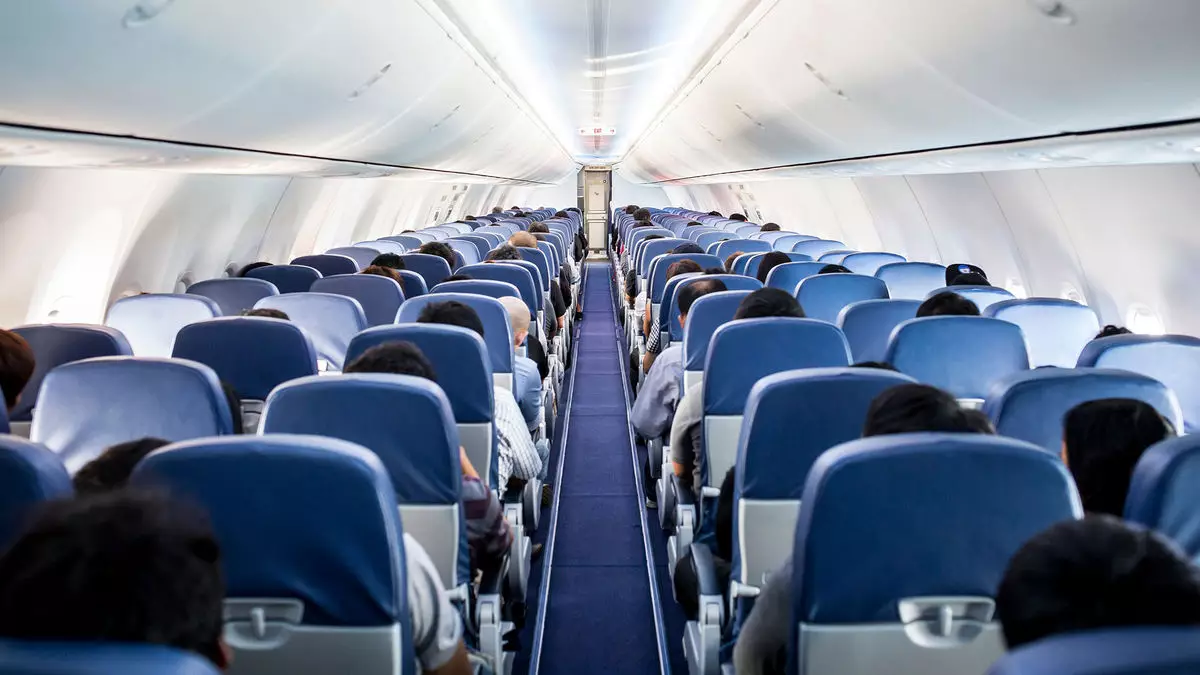In an era where consumers are increasingly demanding transparency from service providers, the airline industry is facing a significant challenge regarding fare disclosures. Major airlines like Delta, American, United, Frontier, and Spirit are engaged in a legal battle against a regulation which mandates them to disclose full airfare, inclusive of all ancillary fees, during the flight search process. As the stakes rise, the implications of this prolonged conflict could reshape consumer experiences and regulatory frameworks within air travel.
On December 4, a critical hearing held by the Senate Permanent Subcommittee on Investigations brought the issue into sharp focus. Chaired by Senator Richard Blumenthal (D-Conn.), the session aimed to explore the opposition that airlines posed against the Department of Transportation’s (DOT) recent fare disclosure regulations. Blumenthal highlighted the apparent contradiction in the airlines’ commitment to transparency while simultaneously contesting the regulations in court. His probing questions into whether any of the airline representatives would be willing to withdraw their legal actions were met with reluctance. No airline provided a definitive pledge to cease its opposition, raising concerns about their commitment to customer transparency.
Peter Carter, who leads Delta’s legal affairs team, underscored the nuanced stance of airlines. He acknowledged that Delta already practices many aspects of what the proposed rules would entail but expressed reservations about the regulation’s prescriptiveness. This assertion raises important questions: if transparency is indeed valued, why resist a regulation designed to enhance it? The dichotomy between their public narrative and legal maneuvers suggests an underlying reluctance to alter current operational models that might be more profitable without full fee disclosures.
The regulation finalized in April requires airlines and ticket agents to inform travelers about potential additional fees—such as those for checked and carry-on bags or changes in reservation—right from the beginning of the booking process. Such a change is intended to make airfare comparisons more straightforward and to protect consumers from unexpected charges that can make an initially attractive fare far less appealing.
However, the airlines have responded with a legal challenge, claiming that the regulatory demands may exceed the DOT’s authority and threaten their operational viability. A ruling from a three-judge panel of the Fifth U.S. Circuit Court of Appeals supported this position, suggesting the rules could indeed cause irreparable harm to the aviation sector. This legal struggle not only highlights the tension between regulatory oversight and corporate autonomy but also raises pivotal concerns regarding consumer rights.
In light of the Senate hearing, additional scrutiny fell on rising ancillary fees. A report issued by the investigations subcommittee sparked debate over whether airlines, particularly United, Spirit, and Frontier, are honoring their legal obligations regarding the 7.5% air transportation excise tax on fees related to seat selection and other ancillary services. United’s chief commercial officer Andrew Nocella strongly defended the airline’s position, asserting that the tax was indeed paid, albeit not visible to consumers at the booking stage.
The focus then shifted towards specific practices concerning fee collection by airlines. Frontier and Spirit were mentioned in disturbing contexts concerning the incentivization of gate agents who flag passengers for unpaid carry-on bag charges. Reports revealed that in 2022 and 2023, they collectively spent over $26 million on bonuses for employees tasked with fee collection, which raises ethical concerns about customer service priorities at the gates. Blumenthal referred to these as “bounty payments,” igniting further scrutiny over the profit-focused motives potentially overshadowing genuine customer service.
Highlighting the real-world implications of such policies, Blumenthal presented video evidence illustrating the frustration of passengers facing last-minute fees for their carry-on bags—a situation that increasingly leaves travelers with no recourse as they rush to board their flights. Such encounters reveal a growing dissatisfaction towards industry practices that many perceive as deceptive or exploitative.
As the airline industry continues its battle against regulatory changes aimed at enhancing transparency, it becomes evident that the conversation is far more than a legal dispute. It encompasses broader themes of consumer rights, corporate responsibility, and ethical service delivery. The outcome of these discussions will not only affect airline practices but also set precedents for transparency and fairness in various service industries in the years to come. In a crucial time for both consumers and airlines, the path forward demands a more candid dialogue focused on meeting and exceeding passenger expectations without compromising profit.

